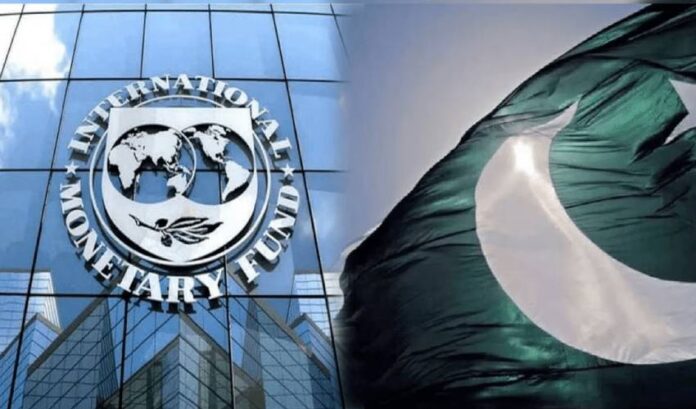Pakistan’s coalition government is set to outline ambitious fiscal targets in the 2024/2025 (July-June) budget on Wednesday, aiming to bolster its case for a new bailout deal with the International Monetary Fund (IMF), according to officials and analysts.
IMF Loan Negotiations
Pakistan is negotiating with the IMF for a loan estimated between $6 billion and $8 billion to prevent a default. The country’s economy is currently growing at the slowest pace in the region.
Budget Significance
“The budget is crucial for Pakistan’s IMF program and must bridge the gap between revenue collection and total expenditure; it is likely to be contractionary,” said Ali Hasanain, head of the economics department at the Lahore University of Management Sciences.
Previous IMF Bailout
Pakistan narrowly avoided default last summer with a short-term IMF bailout of $3 billion over nine months. While fiscal and external deficits have been brought under control, this came at the cost of a significant drop in growth and industrial activity, as well as high inflation. Inflation averaged close to 30 percent in the last financial year and 24.52 percent over the last 11 months.
Growth Targets
The growth target for the upcoming year is expected to be higher at 3.6 percent, compared to 2 percent this year and economic contraction last year.
Government Reforms
Prime Minister Shehbaz Sharif has publicly committed to tough reforms since being elected in February, but high prices, unemployment, and a lack of new job opportunities have increased political pressure on his coalition government.
Challenges Ahead
A recent note on the budget highlighted that fully implementing all IMF-prescribed measures, such as increasing revenue through a wider tax base and power tariff hikes, will be challenging for Sharif’s government.
“A weak coalition government, a vocal and popular opposition, and the difficulty of implementing deep-rooted structural reforms are reasons for caution,” the note stated. “A key concern among local stakeholders is the risk that front-loading tough fiscal measures could lead to a public backlash,” it added.
New Finance Minister
This budget will also be the first test for new Finance Minister Muhammad Aurangzeb, formerly the head of Pakistan’s largest bank. He was brought in by Sharif to devise fresh policy solutions for the $350 billion economy’s persistent issues.
Structural Reforms
Previous finance ministers have avoided difficult measures like cutting subsidies, reducing government spending, and increasing tax revenues from politically sensitive sectors such as real estate, agriculture, and retail. Mustafa Pasha, chief investment officer at Lakson Investments, believes taking such steps will be challenging.
“Any attempt to tax agriculture, retail, and real estate will likely be poorly structured and face legal challenges, preventing any collection,” he said, adding that failing to meet IMF demands would likely delay a new program, which Pakistan cannot afford for long.
Privatization Plans
Another key aspect of the budget will be targets set for proceeds from privatization. Pakistan is looking to make its first major sale in nearly two decades by selling a stake in its national airline. This is expected to be the first in a series of sales of loss-making entities, particularly in the troubled power sector.


